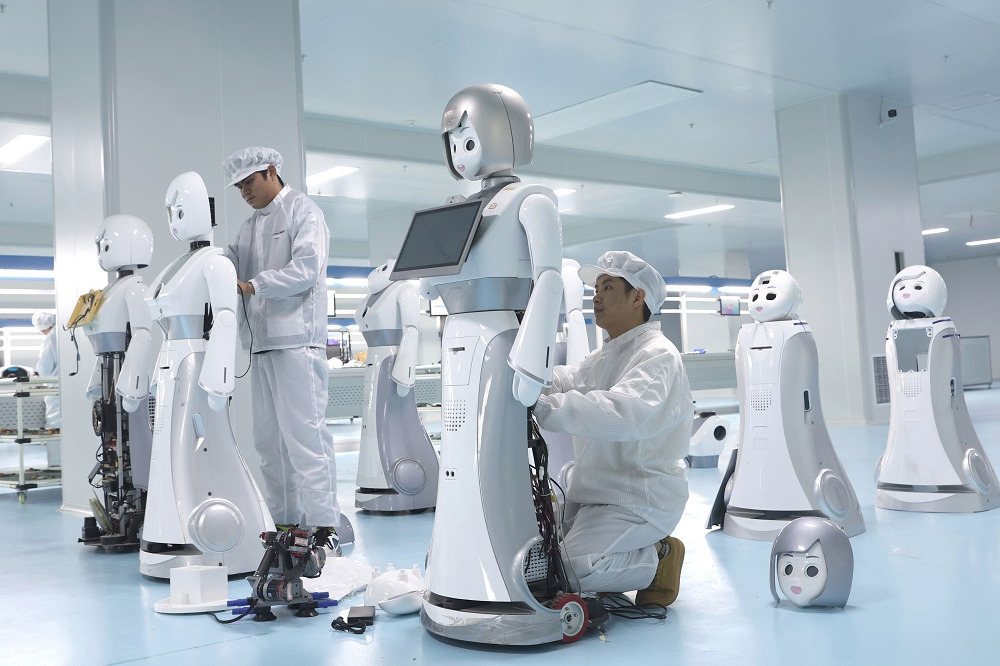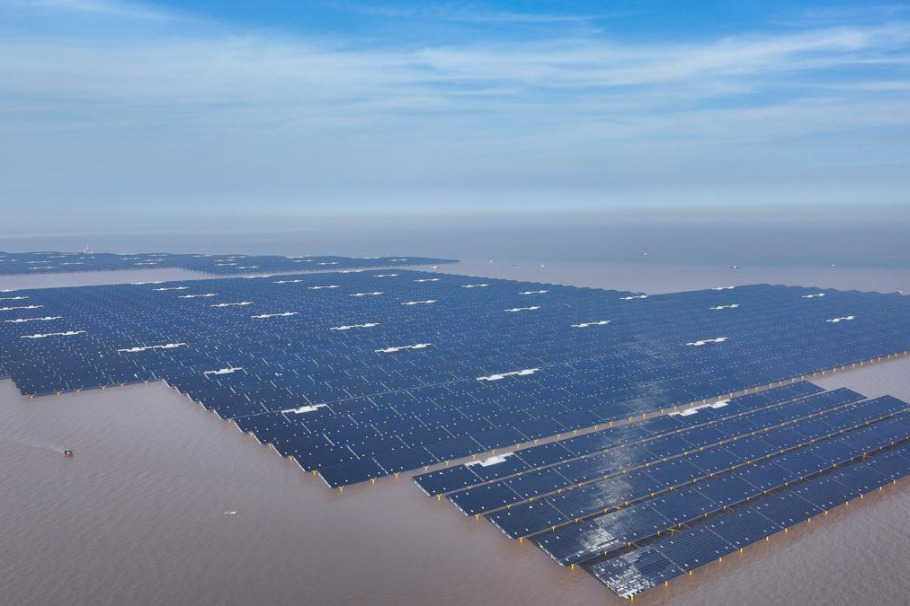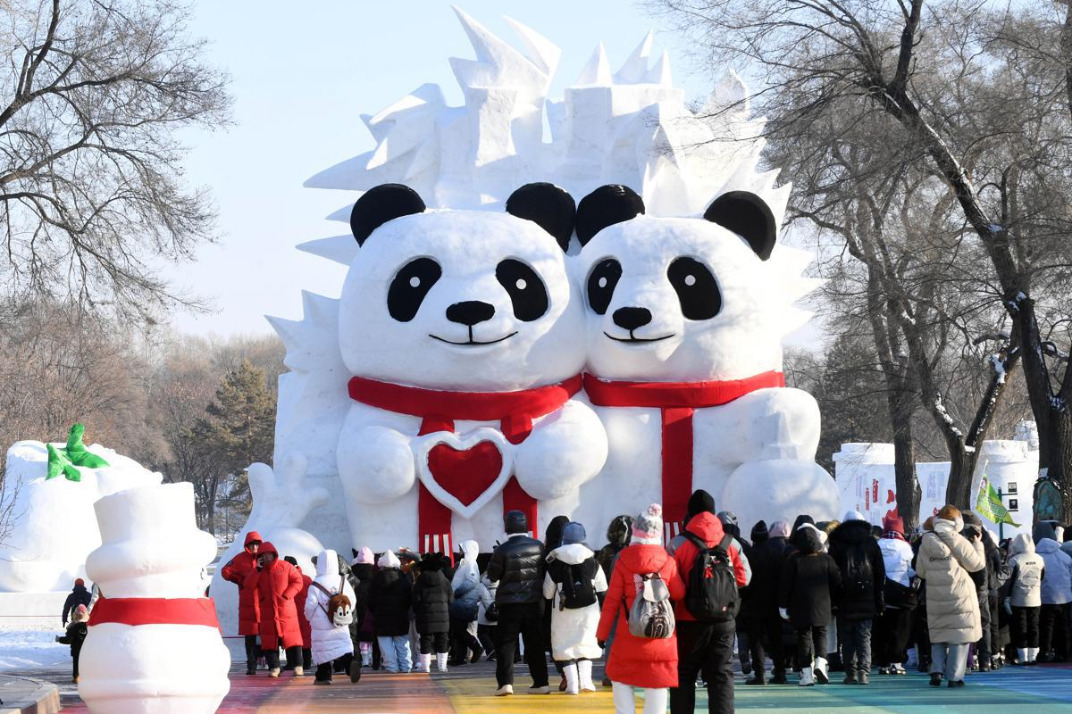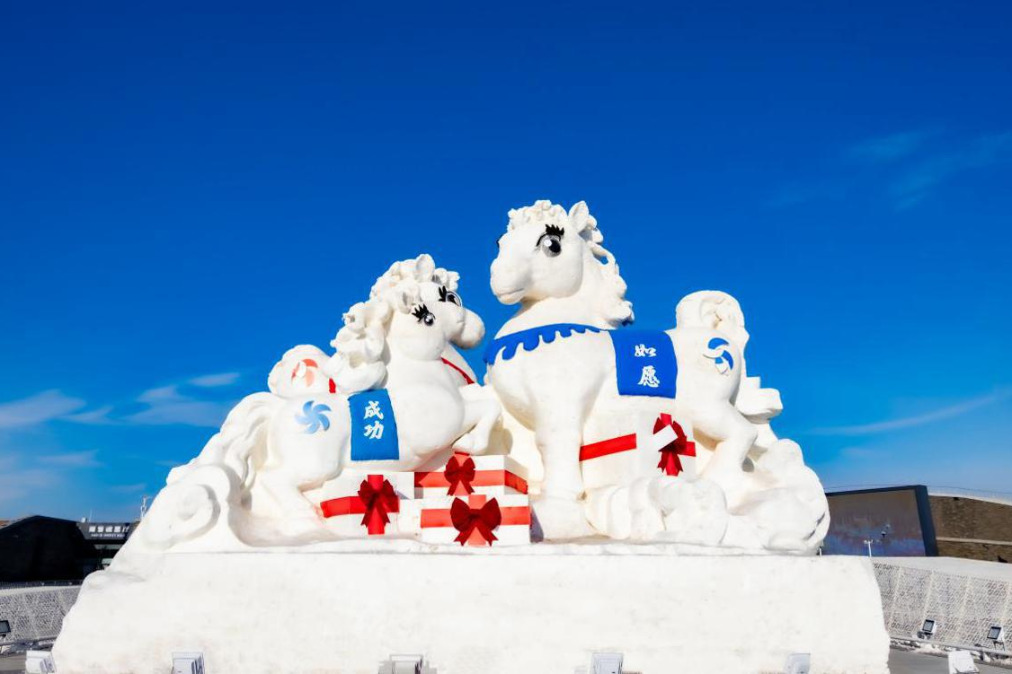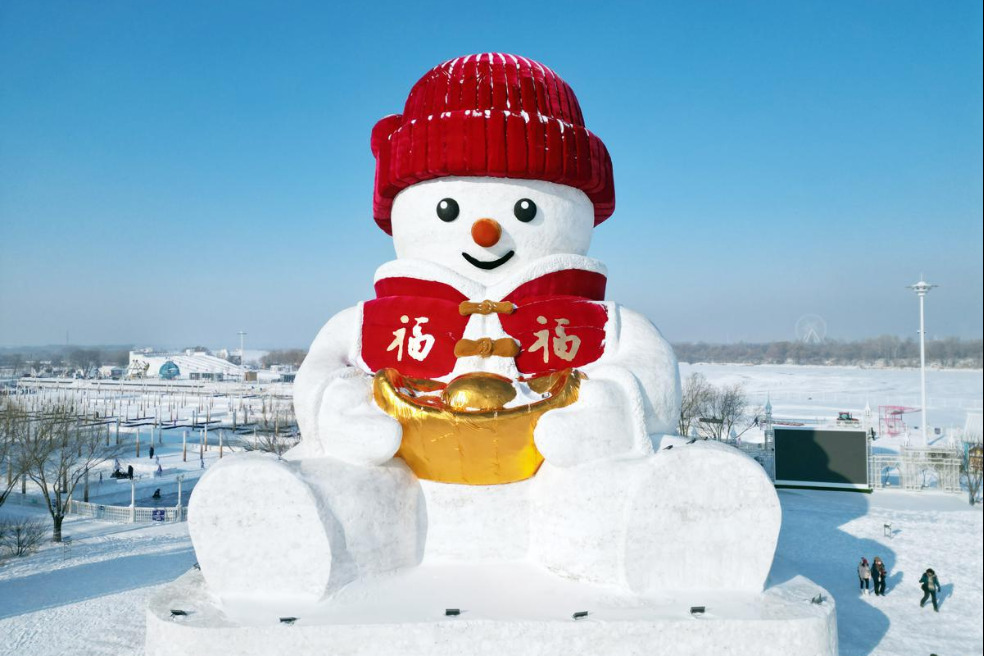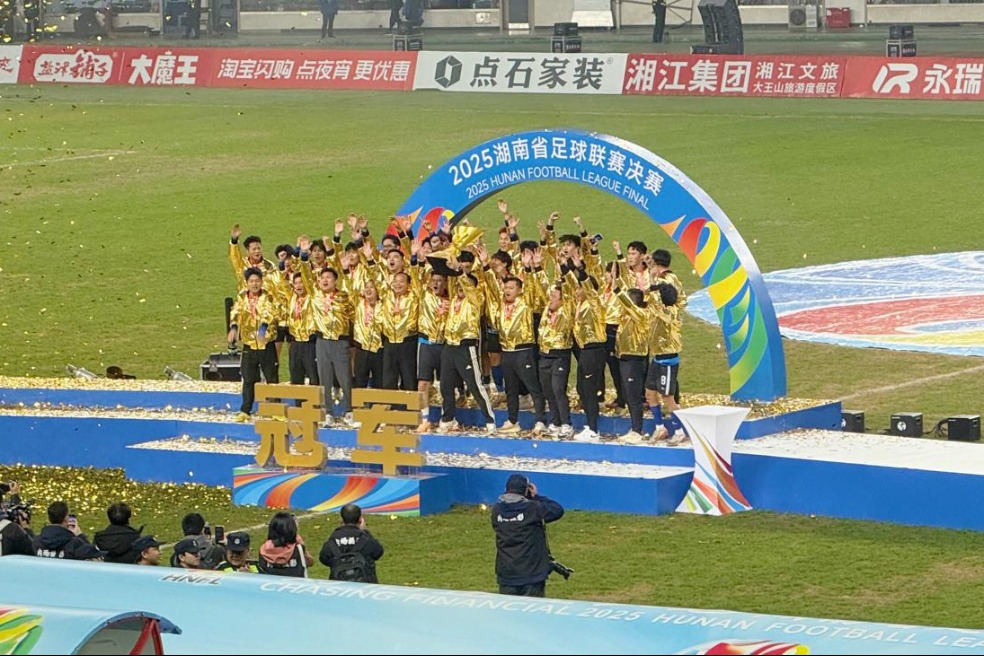Wuhan vaccine volunteers happy to join battle against virus pandemic

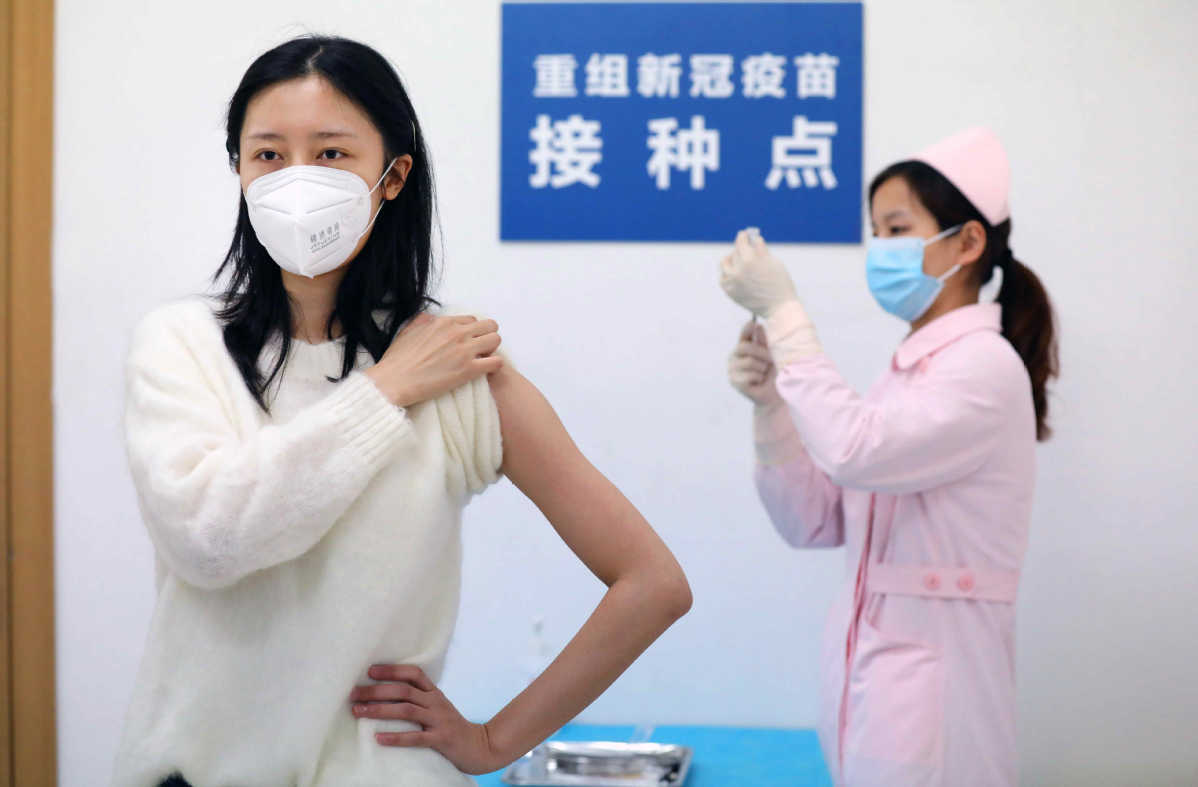
As one of the first volunteers in a clinical trial for a COVID-19 vaccine in China, Wu Ni said she is happy to hear that a nationwide inoculation program will be conducted among high-risk groups to protect them against infection.
"I think it's a good start. If all places in China are safe, we can travel wherever we want," the 29-year-old said, adding that she doesn't worry about catching COVID-19 as she has been vaccinated.
In March, Wu, who lives in Wuhan, Hubei province, became one of the first people vaccinated against the novel coronavirus as a volunteer in a Phase 1 clinical trial of a vaccine developed by a team led by Chen Wei, a biomedical expert at the Academy of Military Sciences' Institute of Military Medicine.
It was the first vaccine to enter first-stage clinical trials in China, with results showing it induced immune responses among all 108 volunteers, the team said in a report published in May in British medical journal The Lancet.
In April, Wu's parents, Wu Nianfang, 60, and Fang Xinghua, 52, volunteered to join the vaccine's Phase 2 clinical trial. The team reported in July that 99.5 percent of 508 volunteers had produced specific antibodies 28 days after injection.
In September, Wu Ni received another vaccination, with her reaction still being observed. She said she received a high dose of vaccine the first time and her body temperature rose to 38 C at night, but it returned to normal around noon the next day, with no further adverse reaction. In September she received a low dose and has not experienced any adverse reaction.
Her parents also reported no side effects during or after their medical observation period, she added.
There are many families in Wuhan like Wu Ni's who have taken an active part in research and development of the vaccine. While giving a speech at a forum in September, Chen, who is also an academician of the Chinese Academy of Engineering, said 5,346 people applied in two days to join her team's Phase 1 human trial in the city, which provided the world's first clinical data on a COVID-19 vaccine.
"Many volunteers in the Phase 2 trial are family members of volunteers in Phase 1," she said. "Wuhan people are true heroes."
In mid-March, Wuhan, Hubei's provincial capital, was still locked down to curb the spread of the virus. Wu Ni learned about the recruitment of volunteers from a WeChat instant messaging group in her community.
"At first I was not sure whether the news was fake or true, then I searched Weibo (a microblogging platform) and discovered Chen Wei, my idol, had already been injected, and my misgivings disappeared," she said.
The research team then sent an ambulance to pick her up. As she packed her bag, her mother told her she didn't want her to go.
"I told my parents I have faith in science and the country," she said. "If the trial is permitted by the government, it must be safe."
After a detailed physical examination, she was vaccinated and observed for 30 minutes. She was then sent to an individual room for 14 days of medical observation.
Wu Ni shared photos of the three meals she received every day with her parents. She was discharged on April 7 after an examination found all her physical signs were normal. She said the researchers told her she needed to have her blood tested seven days, 14 days, 21 days, three months and six months after release.
The day she returned home, her father waited for her at the entrance of the community and her mother prepared spareribs and lotus root soup. When Fang brought the bowl of soup out of the kitchen, she found her daughter crying as she looked at a certificate of gratitude given to her by the research team.
Wu Ni said she felt the experience had great meaning and she has developed a sense of self-worth. She was unemployed at the time but now has a new job in marketing.
Her parents got vaccinated on April 12.
"It's no regret for us, an ordinary family in Wuhan, to make some contributions in curbing the pandemic," Fang said.
Though confirmed cases of COVID-19 were reported in their community early this year, Wu Ni said the family has no fear of infection. "My parents are even less keen on wearing masks now," she said. "But I keep telling them self-protection measures are still essential after vaccination."
Wu Ni said COVID-19 "may become a normal disease like flu".
"Wearing a mask may also become a part of normal life," she said. "But I still hope the pandemic can end soon and no more social distancing will be needed."
- Defense spokesman: PLA drills around Taiwan justified
- Chinese fantasy animation hits Vietnamese theaters amid holiday surge
- BBC documentary reveals Guangdong's wild side
- Hangzhou 'Bunny Officer' goes viral for gentle traffic management
- From lab to life: humanoid robots' 'coming-of-age' year
- Video of PLA's drills around Taiwan Island released
















